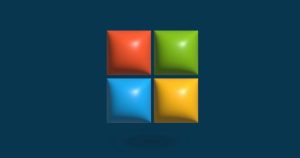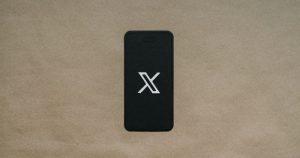Cardano (ADA) Founder Reassures Community That Vasil Hard Fork Testing Is Going Smoothly

Cardano founder Charles Hoskinson assured the crypto community that progress toward the Vasil hard fork should proceed without a hitch, provided no further bugs are discovered.
Speaking on a video stream from a cryptography conference in Santa Barbara, California, the Ethereum co-founder followed up on a stream two weeks ago in which he assured the Cardano community that the Vasil hard fork wouldn’t experience further delays.
In early August, Hoskinson said that the Cardano testnet was hard forked to run version 1.35 of the Vasil upgrade. A testnet is a sandbox environment running upgraded software, used to test the behavior of decentralized applications before the new software is deployed on the main blockchain or mainnet. A hard fork is a significant upgrade to a blockchain that renders previously valid transaction blocks invalid or vice versa.
Internal testing revealed three bugs, resulting in three new versions, of which the latest is 1.35.3. Engineers and quality assurance firms have tested all significant changes, with a few edge cases still needing testing. Edge cases are anomalies in the behavior of a system when it is subject to conditions close to its designed limits of operation. Hence, Hoskinson said, the chances of something going wrong are small. Version 1.35.3 will likely be the version used for the fork, provided no bugs are discovered.
Vasil was quite involved, says Hoskinson
Hoskinson reassured the community that Cardano’s 700 employees were working hard on the project. He added that the Vasil hard fork was quite involved because it touched on different areas like consensus and upgrades to the Plutus smart contract platform. Decentralized applications have already been deployed on the testnet.
Hoskinson addressed those skeptical of the number of decentralized applications on Cardano, saying that a significant amount of code has been deployed. One of the challenges had been ensuring all existing decentralized applications would be compatible with the Vasil mainnet hard fork. He reminded the community that, with Vasil being a hard fork, all node operators, including exchanges and all stake pool operators, must upgrade their software to 1.35.3.
Information security is where the rubber meets the road
Regarding the importance of cybersecurity, he said that conferences on information security are where the complexities of cryptography in cryptocurrency are translated into practical applications. He added that at the end of Aug. 2022, he would be at the opening of Cardano’s new cryptocurrency and cryptography lab at Stanford University. The lab will be an incubator for learning about decentralized finance protocols, consensus, and other topics that will be revealed later.
Crypto is fundamentally strong, he said.
Hoskinson’s claim that the Cardano team is working hard on the Vasil fork is backed up by the most commits on software versioning and repository site GitHub in June 2022. Activity peaked shortly after the Vasil hard fork was deployed on the testnet.
Similar commits were made for the Alonzo hard fork last year, introducing smart contracts to the blockchain. The Vasil hard fork, Hoskinson says, will result in Solana-like performance.
For Be[In]Crypto’s latest Bitcoin (BTC) analysis, click here.
Disclaimer
All the information contained on our website is published in good faith and for general information purposes only. Any action the reader takes upon the information found on our website is strictly at their own risk.















